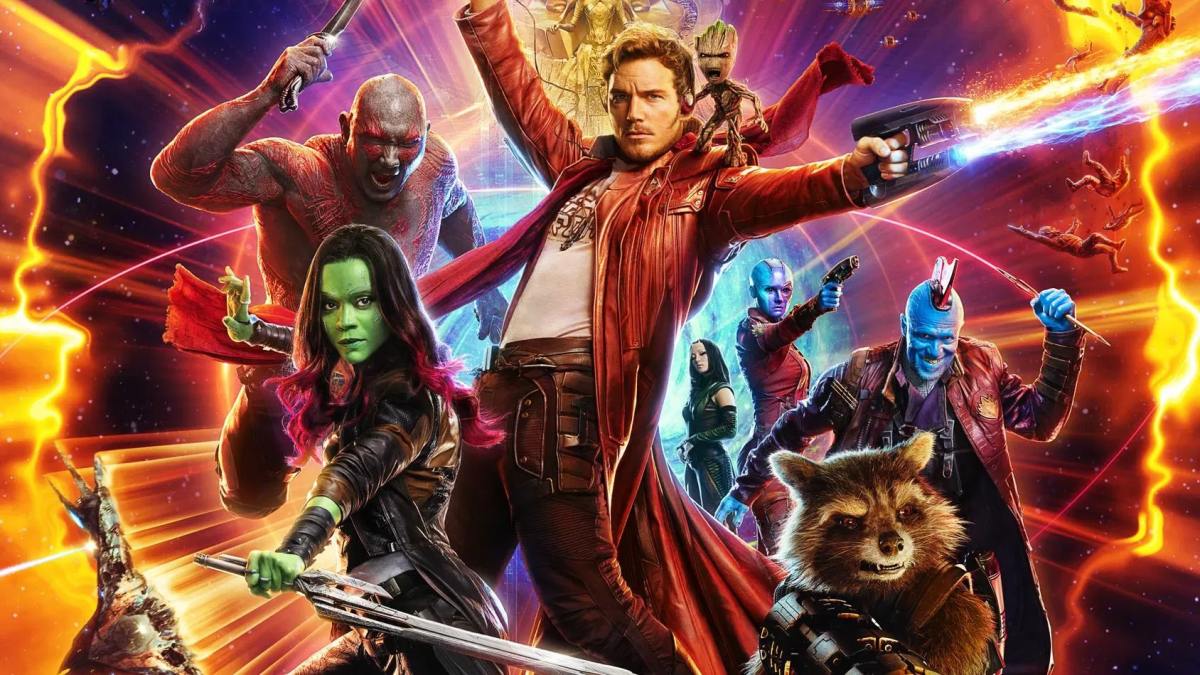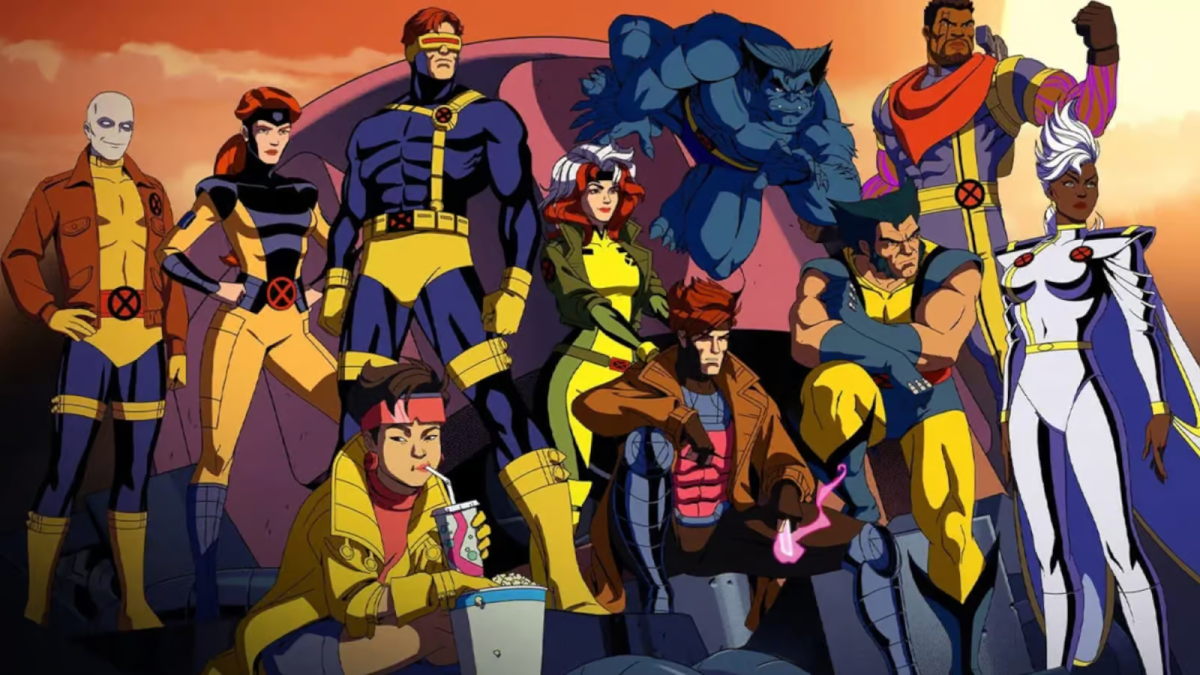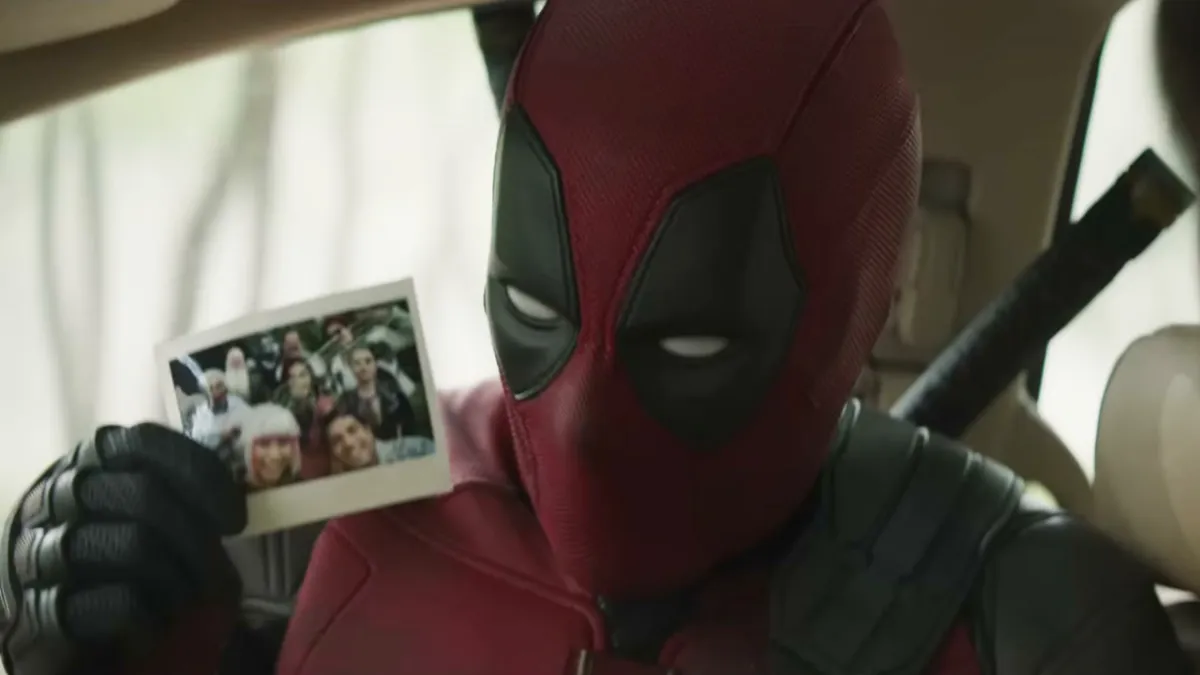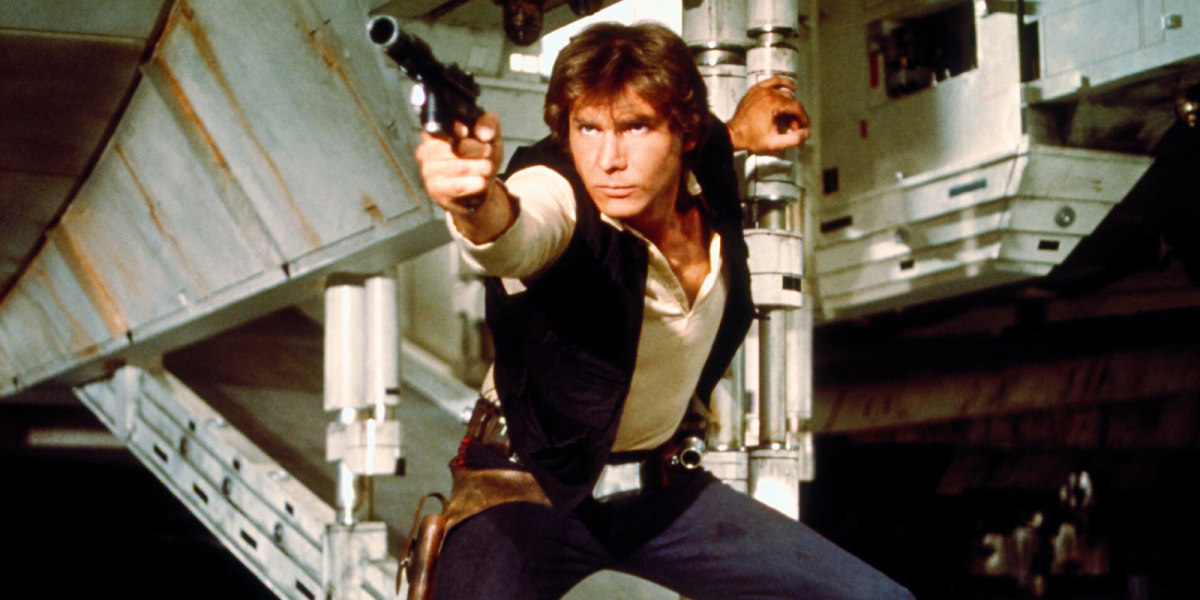One of the big thematic through lines in discussions of the Marvel Cinematic Universe (MCU) is that it is about “loss.”
The Falcon and the Winter Soldier is about “grief, loss, and recovery.” WandaVision is about “grieving.” Spider-Man: Far From Home is “a web of grief.” Avengers: Endgame is about “the stages of grief.” Avengers: Infinity War is about “coping with grief.” To be fair, this isn’t an issue specific to the MCU. Loss is one of the great themes in literature, so it makes sense to see the theme come up repeatedly in discussions of the most successful pop culture on the planet.
However, there are aspects of the MCU that make it difficult to embrace these readings. Characters like Tony Stark (Robert Downey Jr.) and Steve Rogers (Chris Evans) might stay gone, give or take the occasional rumor, but that’s largely due to contractual limitations outside the narrative control of Marvel Studios. Even Black Widow (Scarlett Johansson) isn’t meaningfully dead to fans, despite literally dying in Endgame, because she’s still to get her own big solo movie.
The MCU has never really been about consequences or getting its hands dirty. WandaVision features Wanda (Elizabeth Olsen) mourning the loss of Vision (Paul Bettany) and later their imaginary kids, but it ends with a resurrected Vision and the suggestion Wanda is looking for their kids in the multiverse. Half the universe dies in Infinity War, but it is resurrected in Endgame. Loki (Tom Hiddleston) and Gamora (Zoe Saldana) die in Infinity War, but copies escape into the multiverse in Endgame.
The MCU is not a vehicle that is suited to directly confronting ideas of death and loss, and that’s okay. It has its own strengths. However, part of what makes Guardians of the Galaxy such a great film is the way in which it understands and weaponizes this limitation. Guardians of the Galaxy is built around the fact that a shared fantastical universe like that created in Marvel Comics will never be able to directly confront something like grief head-on. There’s always an escape or a trapdoor.

At its core, Guardians of the Galaxy is the story of how Peter Quill (Chris Pratt) escapes from the horrific reality of his mother’s loss into a magic world of comic book characters as a way of avoiding grief. The movie opens in a relatively grounded setting. Young Peter (Wyatt Oleff) is sitting in a hospital hallway, listening to his Walkman, trying to drown out the outside world. His grandfather (Gregg Henry) grabs his attention and takes him to the bedside of his dying mother (Laura Haddock).
Peter’s mother is dying of cancer. In her last moments, she pleads with her son, “Peter, take my hand.” Peter, who had already tried to escape this horrifying situation by losing himself in music, cannot even look at her. He flees. He leaves the hospital and runs outside. A spaceship materializes in a clearing and whisks him away. Peter is taken away from Earth, from his family, from his trauma, from his loss. He never looks back.
It is only at that moment that the Marvel Studios logo appears. Guardians of the Galaxy is only the second movie in the MCU to have a pre-title sequence, following Iron Man 3. Like the opening sequence of Black Panther, this sequence draws a clear line between a verisimilitudinous world and that of these comic book characters. Black Panther takes its audience from Oakland in 1992 to the wonderful world of Wakanda. Guardians of the Galaxy takes a confused little kid away from his pain.
Peter Quill becomes a 21st century Peter Pan, a child who never had to grow up. The casting of Chris Pratt does a lot of the work here, evoking both his performance as lovable “man child” Andy Dwyer on Parks and Recreation and his status as a Judd Apatow-adjacent leading man embodying the archetype of arrested development. (His prior live-action film roles included supporting performances in the Vince Vaughn vehicle Delivery Man and the Apatow-produced The Five-Year Engagement.)

Guardians of the Galaxy opens with an illustration of how little Peter has moved on since the introductory sequence. He has only just broken ranks with Yondu (Michael Rooker), the alien who abducted him. His lover Bereet (Melia Kreiling) is wearing the same shirt in which he was abducted. Peter has never returned to Earth and never shown any desire to. In the sequel, Gamora argues that returning to Earth would mean returning to reality. “That place is real, and this is a fantasy.”
Peter surrounds himself with colorful characters, almost plucked from the imagination of a young boy. Gamora is a literal “green-skinned alien babe,” like the kind that a child of the 1980s might have caught in syndicated reruns of Star Trek. Rocket (Bradley Cooper) is a sassy talking animal sidekick, like something from a Disney film or Saturday morning cartoon. Drax (Dave Bautista) is a deadly assassin with a mind close to that of a child, incapable of understanding idioms or metaphors.
This is a way for Peter to avoid directly acknowledging the death of his mother. He keeps her last gift to him wrapped up and unopened, because opening it might make it real. Peter can’t even mention her death when he tries to explain his Walkman to Gamora. “I happened to have it on me, when I was… the day that she… you know, when I left Earth.” The choice of language suggests a dream or hallucination, reinforced by the soundtrack’s use of songs like David Bowie’s “Moonage Daydream.”
However, the beauty of James Gunn’s work on Guardians of the Galaxy is the extent to which Peter cannot escape death, even in this waking dream world. Death and trauma haunts the film, even when not acknowledged. The audience is introduced to Peter as an adult on the “abandoned planet” of Morag, although it’s clear that this is a dead world. Peter replays recordings of the long-dead population as easily as he listens to his Walkman.

The villain Ronan (Lee Pace) is introduced bathing in the blood of his enemies. Ronan serves the monstrous Thanos (Josh Brolin), brought into focus for the first time following a brief tease in The Avengers. The version of Thanos in Guardians of the Galaxy has yet to articulate the Malthusian logic that would guide the character through Infinity War and Endgame, so it is mostly notable for evoking creator Jim Starlin’s fascination with Freud’s concept of Thanatos as “humanity’s death drive.”
Even beyond the villains, there’s something morbid about the world of Guardians of the Galaxy. The film’s second act takes the team to Knowhere, a mining colony where prospectors harvest whatever remains of value inside the head of a long-dead god. While there, Drax and Rocket entertain themselves by betting on local blood sports, watching F’saki devour Orlonis. This morbid motif extends even to technobabble, as the monstrous Sakaaran fire Necroblasters at their enemies.
On closer inspection, even Peter’s friends are haunted and shaped by death. In a dark allusion to a classic shot from The Dark Knight, Peter notes the scars on Rocket’s back, a reminder of all the times the talking animal was “torn apart and put back together, over and over.” Drax admits that “all of that anger, all the rage” was to cover his sense of loss. Gamora has survived by victimizing her sister Nebula (Karen Gillan), causing their father to carve up Nebula and rip her apart after each failure.
At the climax, Ronan comes to represent death as a concept. He plans to use the Power Stone against Xandar. “All Ronan’s gotta do is touch the stone to the planet’s surface and zap,” Peter notes. “All plants, animals, Nova Corps…” Gamora finishes the thought, “Everything will die.” Interestingly, Ego’s (Kurt Russell) “expansion” in Guardians of the Galaxy Vol. 2 is also framed to evoke Peter’s mother’s cancer – something growing, consuming, and spreading out of control.

As such, Guardians of the Galaxy provides Peter with a safe framework through which he might confront the idea of loss indirectly rather than head-on. Ultimately, Peter is given a second chance to confront death, personified in Ronan. More than that, Peter doesn’t just hold his own gaze. His big plan hinges on distracting Ronan long enough for Rocket and Drax to knock the Power Stone out of Ronan’s hand. Peter doesn’t just look at death; he convinces death to look at him.
This journey allows Peter to make some peace with his mother’s passing. He could not take her hand, but by the end of the film he has grown enough that he can take Gamora’s hand and – through that – share the literal burden of the Power Stone and the metaphorical burden of his grief. It’s a strikingly clever and effective way of demonstrating the power of pulp stories like these to create spaces where people can work through ideas as complicated and as challenging as loss.
Of course, Gunn is also cognizant of the limits of the MCU. Groot (Vin Diesel) sacrifices himself to save the team at the climax of the movie, but his loss is no more permanent than that of Vision or Loki in Infinity War. By the first mid-credits teaser, Groot has been reborn, because death doesn’t actually exist in this fictional world in the way that it does in reality. That’s not a problem for Guardians of the Galaxy, because Gunn understands that it’s not meant to be taken literally.
Guardians of the Galaxy deals with the concepts of death and loss better than any part of the MCU because it understands that those concepts are largely abstractions in this world of “aliens, androids, and wizards.” Death can haunt the edge of the frame, and loss can creep in around the edges. Maybe characters can even meet death’s gaze head-on, but only for a few moments at a time – and always dancing.





